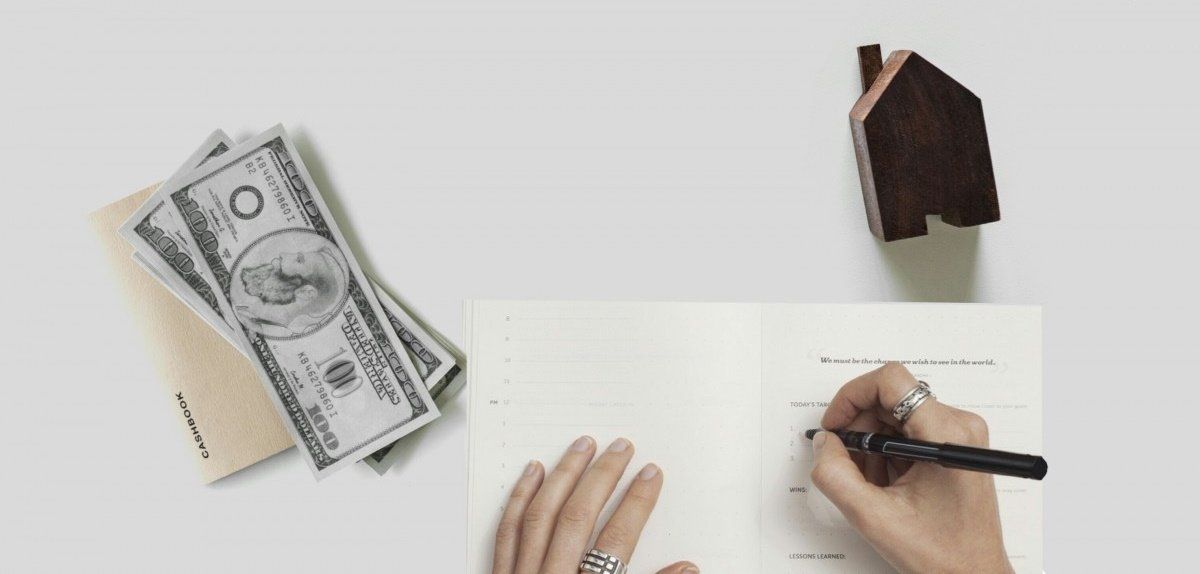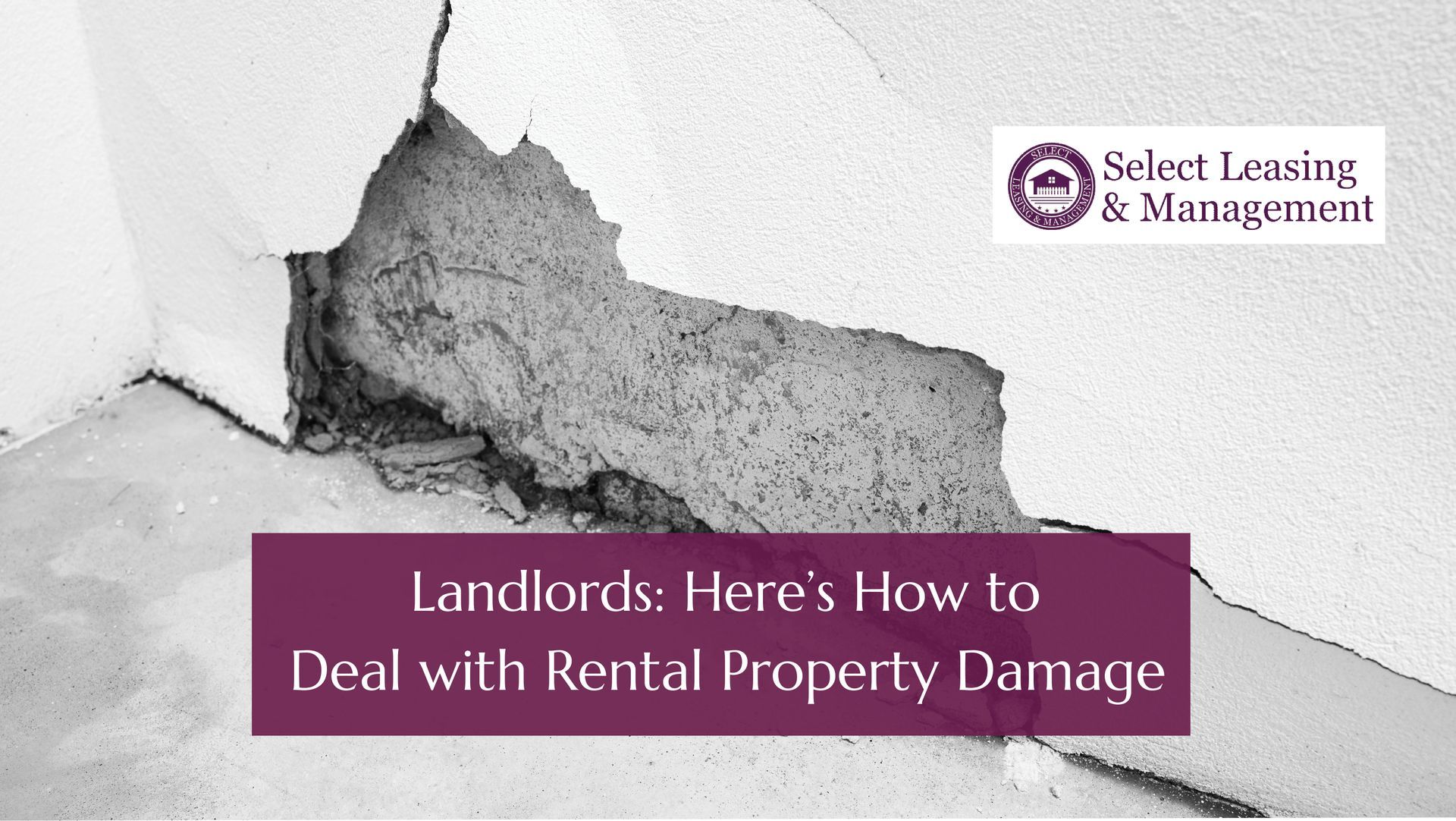The Property Management To-Do List

Getting Ready to Rent
- Set rates. Determine what similar rental units are going for in the area and choose a rate that is competitive but will still make the venture profitable.
- Draft rental policies. Decide if you will allow smoking, pets, and subletting. Do you want to limit how many people can occupy an apartment? Will you let renters make improvements like painting the walls? Write up clear rules covering the things that matter to you, making sure they follow local and federal anti-discrimination laws.
- Advertise. Market the property in the preferred way(s) for your area: online ads, social media, print publications, or a combination. Highlight the property’s best features and amenities to attract potential tenants.
- Screen Tenants. Ignoring tenant screening is a mistake. Select the right renters by putting their applications through a thorough screening process that includes credit checks and criminal background checks.
Prepping the Dwelling
- Cleaning. The rental unit must be thoroughly cleaned from top to bottom before a new tenant moves in. Anything left behind by a departing tenant should be disposed of. Unless the apartment has been shown to potential renters while it is occupied, it is best to complete this before it is advertised.
- Paint, floors, and window treatments. The condition of these things needs to be assessed and they need to be taken care of if necessary. Many landlords will repaint walls between tenants. Some will also replace carpet and blinds. If they don’t need to be replaced, they should at least be added to the list of things to clean.
- Appliances. Check that the stove, refrigerator, dishwasher, and washer and dryer are in good working order. They will need to be fixed or replaced before the tenant moves in.
- Electric, plumbing, and HVAC. Every light switch and outlet should be properly wired and grounded. Make sure there are no leaky pipes, the toilets flush, and sinks are not clogged. Test the heat and air conditioning, no matter what season it is. All of these things are essential to the livability of the space.
- Safety and Security. Not only is it smart to have working smoke and carbon dioxide detectors, in most municipalities, it’s also the law. The safety of the tenants, as well as the property itself, is at stake if these are missing or broken. The rental unit should also have reliable locks on windows and doors. Features such as a locked and secured lobby area or an intercom system should be tested and in good working order.
- Repairs. Make sure that anything in the apartment that is broken gets fixed before a new tenant arrives. Loose doorknobs, cracked windows, and nail holes in the walls should all be repaired. You’ve chosen a terrific way of integrating images and text into your website. Move the image anywhere you want in this container and the text will automatically wrap around it. You can display events can add text that describes the image you’ve selected or simply use the image for decorative purposes.
Taking Care of the Building
- Structure. Schedule periodic assessments of the roof, exterior paint, brickwork, steps, etc. Repairs or replacements should happen as needed.
- Grounds. Routine maintenance such as mowing the lawn, shoveling and salting walkways, and landscaping are necessary. For single-family dwellings, this might be left up to the tenant. If that is the case, the responsibility should be outlined in the lease agreement. Some allowances, like providing lawn equipment or reimbursing for gas might be made so the tenant can perform these tasks.
- Public areas. Maintaining public areas of an apartment building must be done on a regular basis. Hallways must be mopped or vacuumed, lobbies cleaned, litter removed, and trash cans emptied.
Keeping Tenants Happy
- Repair requests. Tenants need to be able to contact the landlord or property manager if things break. It is up to the landlord to see that things get fixed or replaced.
- Emergency calls. Sometimes these repair issues can’t wait. Unfortunately, calls could come in at any hour if a pipe burst or a window gets smashed. The landlord will need to deal with it immediately.
- Mediating conflicts. Hopefully, all tenants get along, but if a renter has problems with the other tenants in the building, they may complain to the landlord. It may fall to the landlord to intervene, especially if the complaint involves a tenant breaking the regulations laid out in the rental agreement.
Tenant Transitions
- Walkthroughs. Consider doing a walkthrough with the departing tenant, and another with the new tenant. These inspections will determine if the former tenant has left behind a mess or damage that will void their security deposit. It will also assure the new tenant that all of the steps to prepare the dwelling (above) have been followed.
- Change locks. All locks and security codes need to change before handing over the keys to each new tenant.
- Transfer utilities. When tenants are responsible for paying their own power bills, the landlord may want to assist them in making sure the accounts get transferred in a timely manner.
Accounting and Administrative Tasks
- Rent collection. Landlords are responsible for making sure that rent is paid on time. Make electronic payment options available if possible. Keeping thorough accounting records and sending late notices go along with this task.
- Security deposits. Collecting, keeping track of, and refunding security deposits is important and should be done in a timely manner.
- Pay bills. Bookkeeping to pay the mortgage, taxes, maintenance and repair workers, and supply vendors are essential. If the rental property is a large building with a lot of expenses, this can be time-consuming. Hiring a bookkeeper might be necessary.
- Insurance. The building must be insured, but so must the landlord. Landlord insurance policies exist to cover not only the property but the owner’s financial liability if something were to happen to a tenant on the premises.
- Enforce policies. If there are written policies in place as we suggested above, it is up to the landlord to see they are followed. If tenants break the rules, take the necessary steps to correct the behavior or seek action to remove the tenant.
- Comply with laws. Keep informed about, and stay in compliance with, all current laws and regulations on the federal, state, and local levels.
Getting Help With Your Property Management To-Do List
As you can see, the list of things to do for a landlord is extensive. Even if the owner has just one single-family home to rent, they may lack the time and resources to manage it.
Some situations that make self-managing rental properties difficult or impossible are:
- Juggling property management with a full-time job
- Physically unable to do the work
- Living far away from the rental property
- No desire to deal with tenants
- Disorganization
- Wanting the property as an investment only
If any of these apply, you should seriously consider hiring a property management company. Select Leasing & Management has several useful resources to help you reap the benefits of being a landlord, without shouldering the burden all by yourself. Find out what services property managers provide , how much it will cost , and how to find the best one to fit your needs.
Cover image by towfiqu ahamed barbhuiya by Canva.com
Share this post











